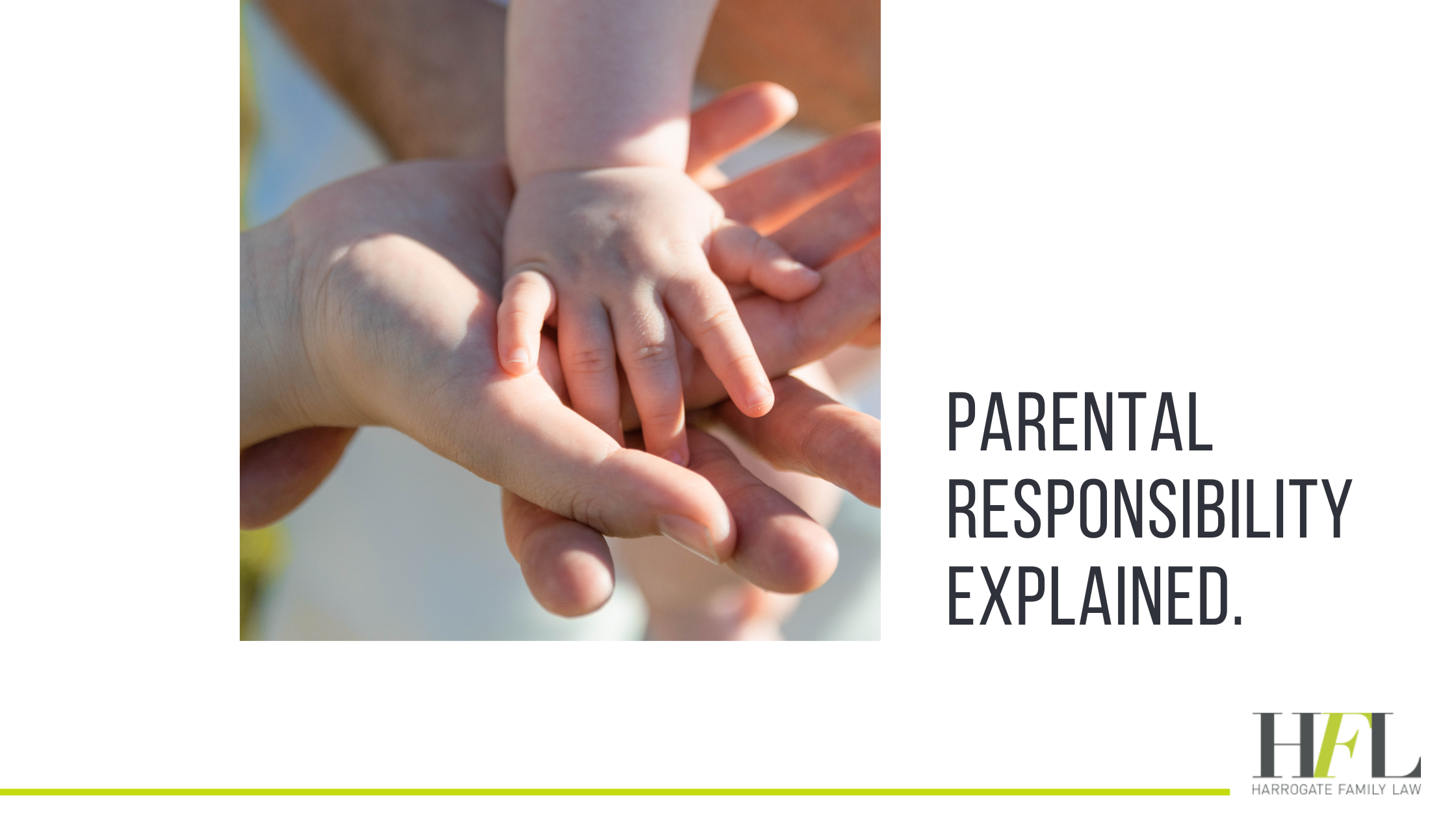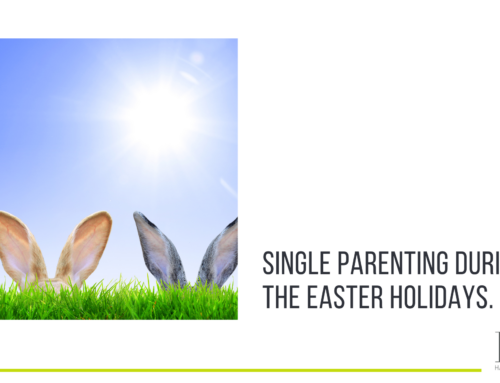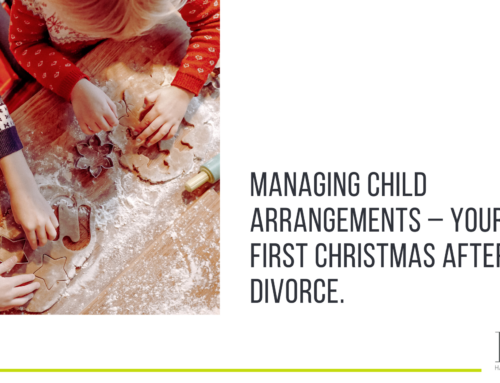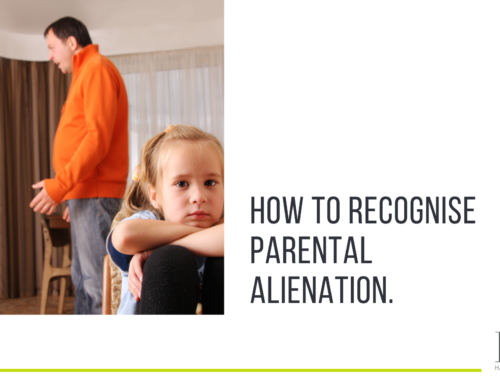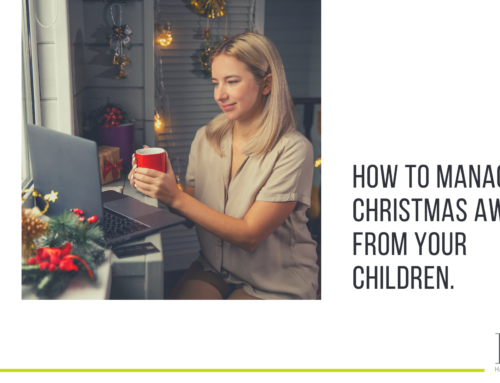If you’re going through a separation or divorce, and you’re navigating the arrangements for the children, you might have heard the term ‘parental responsibility’.
But what is it? What does it mean for you, and why is it important? Here we’re taking a look at parental responsibility and answering some of the questions that you might have.
What is parental responsibility?
Parental responsibility encapsulates all of the legal rights, responsibilities and duties regarding your children’s upbringing. Those who have parental responsibility can make decisions in relation to:
- Any medical treatment they may need.
- Where and how a child will be educated.
- What beliefs, culture or religion the child will be taught.
- Discipline.
- Providing them with food, shelter and protection from harm.
This isn’t an exhaustive list, but it certainly gives you a good idea of the concept.
Some important things to know about parental responsibility
If more than one parent or person shares parental responsibility for a child, they both have a say in the decisions made about them, holidays abroad for example, or how they’re educated.
In some circumstances, joint decisions on every single aspect of a child’s daily life aren’t always practical. For separated parents with joint responsibility for example, it’s likely that the parent who lives with the child will make most of the day-to-day decisions.
In addition, whilst parental responsibility is very important, it doesn’t always mean that anyone with it can dictate where a child lives, or with whom they spend their time. In some circumstances, for example if you and your ex-spouse or partner cannot agree on the arrangements for the children, this might be decided by the family court.
It’s also important to know that parental responsibility has no bearing on your duty to support your child financially. This is the responsibility of all parents, whether they have parental responsibility or not.
Who has parental responsibility?
If you’re the child’s mother, you’ll automatically have parental responsibility.
If you’re the child’s biological father, you’ll have parental responsibility if:
- You’re married to the child’s mother at the time the child is born.
- You’re not married to the child’s mother but are registered on the child’s birth certificate on or after 1st December 2003 (father’s registered before this date won’t have automatic parental responsibility).
- You have been granted parental responsibility by order of the court or by a formal recorded agreement with the child’s mother.
Does parental responsibility only apply to biological parents?
In short, no. Step-parents, grandparents, a guardian or local authority (if a child is in care) are all examples of those who can all apply to have parental responsibility for a child. In these circumstances, seeking legal advice is absolutely vital to ensure that you get the guidance you need.
Additionally, if a couple jointly adopt a child, both will have parental responsibility.
What about same-sex parents?
If a same-sex couple are married or civil partners at the time of any treatment (fertility treatment, donor insemination for example) both will automatically have parental responsibility. If the couple aren’t married or civil partners, then the second parent can apply for a parental responsibility order.
Can parental responsibility be removed?
Parental responsibility automatically ends once a child reaches the age of 18. But other than this, it’s very rare for parental responsibility to be removed, and only the court has the power to make that decision.
The mother’s parental responsibility can only be removed if the child is adopted. Whilst it’s possible for a father’s parental responsibility to be removed, this is rare, and will only happen in very specific circumstances. Some examples include withholding consent for medical treatment and sexual abuse or physical harm to the child or the other parent.
That being said, it is possible for parental responsibility to be restricted by way of other court orders, for example a child arrangements or prohibited steps order. If this is something you’re considering, it’s very important that you seek expert legal advice.
Whatever your circumstances, if you need help and advice when it comes to the arrangements for the children following a divorce or separation, our friendly team is here to help. Contact Harrogate Family Law today.

